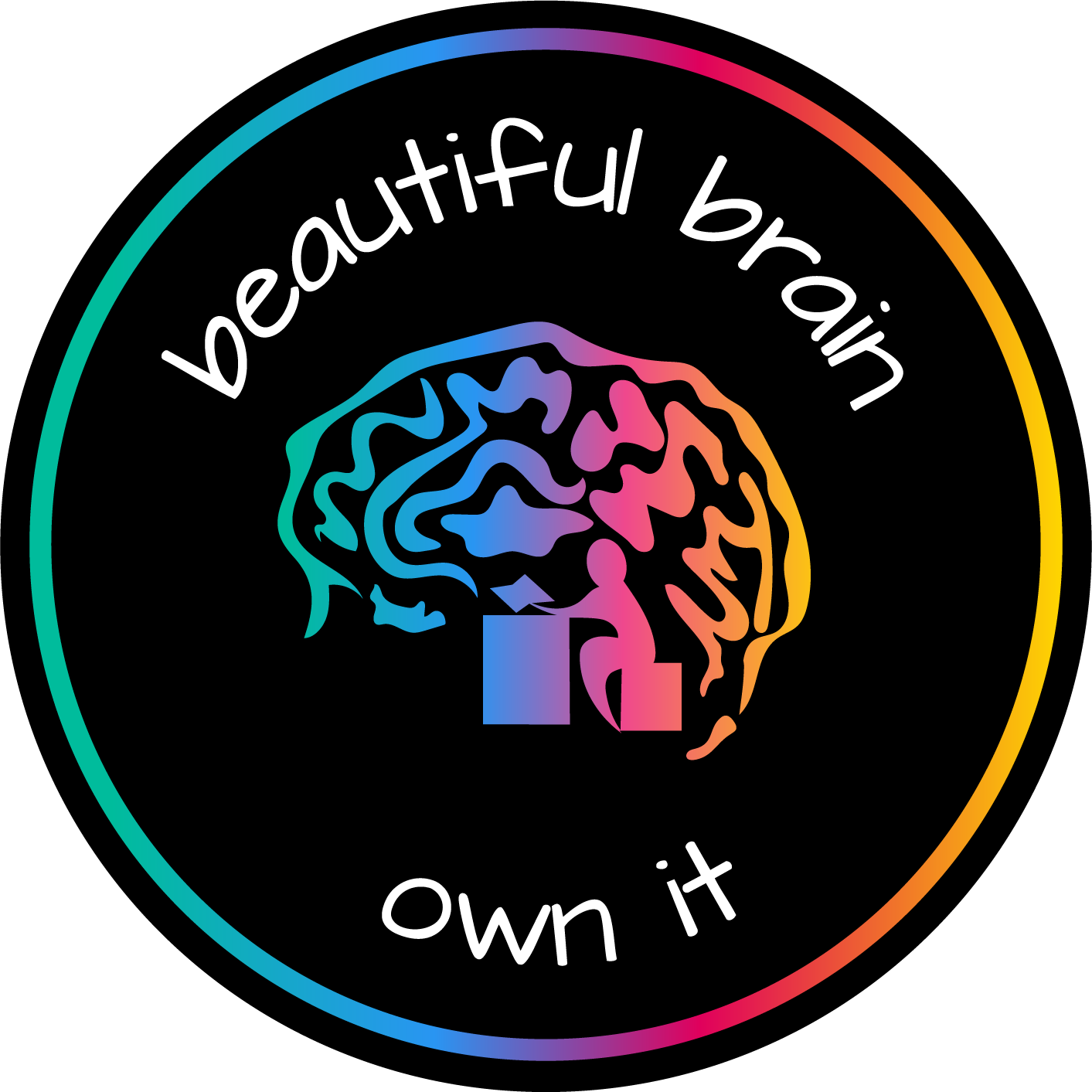Specialist Assessments
At Beautiful Brain, we offer comprehensive specialist assessments tailored to identify specific learning difficulties (SpLD) as well as other special educational needs. Our assessments are conducted by highly qualified professionals who hold Level 7 qualifications and are registered with the British Psychological Society.
What does a Specialist Assessor do?
Each assessment is carried out with meticulous care, ensuring compliance with JCQ regulations, so that any recommendations—whether for classroom support or exam access arrangements—are fully grounded in evidence. By working closely with schools, parents, and students, we ensure that everyone involved understands the results and how best to support each student’s unique learning profile. Our aim is to provide clear, actionable insights that empower both educators and learners.
What is Academic Attainment and Ability Testing?
Academic and ability testing is a method of assessing an individual's cognitive and intellectual capabilities, as well as their knowledge and skills in various academic subjects, at a point in time. These tests are designed to provide insights into a person's aptitude, potential, and performance in educational settings and beyond. Academic and ability tests serve several essential purposes:
Measuring Knowledge
Academic tests evaluate a person's understanding of specific subjects or disciplines, such as mathematics, science, language arts, and social studies. These tests gauge how well individuals have acquired and retained factual information. We focus on English Language and literacy and mathematics.
Assessing Cognitive Skills
Ability tests, on the other hand, focus on cognitive abilities such as problem-solving, critical thinking, logical reasoning, and spatial reasoning. These assessments measure an individual's capacity to process information and solve complex problems.
Predicting Performance
Schools frequently use academic and ability tests to predict an individual's potential for success in educational and professional settings. For example, standardised tests like the SATs, iGCSEs, GCSEs, or A Levels are commonly used for college admissions.
Identifying Strengths and Weaknesses
These tests can pinpoint a person's strengths and weaknesses in specific subjects or cognitive areas, which can guide personalised learning and development plans. The results of these tests can be indicative of underlying SEN needs that need diagnosis by experts in this field.
Research and Policy
Academic and ability test results can inform educational policies, curriculum development, and research in fields like psychology and education. They provide valuable data for understanding human cognitive abilities and learning trends.
What Academic and Ability Testing Isn't
While academic and ability testing is a valuable tool for assessing knowledge and cognitive skills, it is important to clarify what it is not:
Comprehensive Assessment
Academic and ability tests offer a snapshot of an individual's capabilities. They do not assess social skills, emotional intelligence, creativity, or other important aspects of human development and potential.
Sole Determinant
Test scores are not the sole determinant of a person's abilities or potential. They should be considered alongside other factors, such as classroom performance, extracurricular activities, personal experiences, and recommendations.
Fixed Measures
Test scores can change over time. They are not fixed indicators of a person's abilities but rather reflect their performance at a particular point in time. Improvement is possible through learning and practice.
Universal Assessment
Not all individuals perform well on standardised tests, and these assessments may have cultural or socioeconomic biases. It's essential to consider these limitations when interpreting test results.
Prescriptive Solutions
Test results should guide decisions and interventions
rather than dictate them. They should be used as a tool for identifying areas where individuals may need support or enrichment, but the approach to addressing those needs should be flexible and individualised.
In summary
Academic and ability testing is a valuable tool for assessing knowledge and cognitive skills, predicting performance, and informing decision-making in educational and professional contexts. However, it should be used judiciously, in conjunction with other information, and with an awareness of its limitations.






